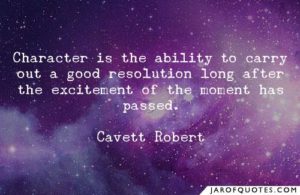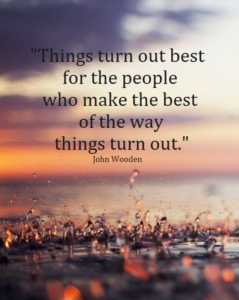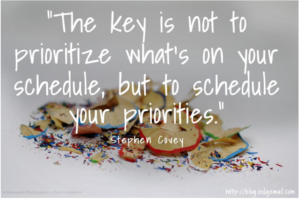Considering and beginning hospice care are sensitive times not only for the individual but for their loved ones too. Here are answers to a few questions to help as you begin this journey.
What is hospice?
Those who receive hospice care are seeking comfort and compassion as they near the end of life. The goal of hospice is to help the patient rest comfortably. Caregivers focus on providing comfort, companionship, and peace.
They provide care wherever the individual calls home, whether it be their own home, a skilled nursing facility, an assisted living community, or an adult foster home.
What does hospice care involve?
Hospice care includes four levels of care: routine home care, continuous care, general inpatient care, and respite care.
Routine home care is a starting point for most patients in hospice because it allows the patient to live wherever they call home while receiving the care they need to help them feel comfortable.
Continuous care is provided for brief periods when the patient has high needs. Hospice nurses or aids care for these patients round-the-clock to avoid hospitalization.
General inpatient care includes any needs that can’t be managed at home. Patients needing this type of care are sent to a hospital or inpatient unit until their symptoms are alleviated enough to be able to return to their home.
Respite care is temporary care provided to give family caregivers a break.
How will I know when it’s time to consider hospice?
The right time for hospice is different for each individual and family. Hospice is an individualized approach to end-of-life care. It meets the patient wherever they are in their care.
Frequent hospitalization, doctor visits, and skilled nursing stays are a few factors to watch for. Talk with a physician to discuss what will work best for your loved one.
My family member is ready for hospice. Where do I begin?
People who qualify for hospice have a life expectancy of six months or less. To determine if your loved one is ready for hospice, he or she needs recommendations from two physicians. They will determine the life expectancy based on a physical assessment, medical history, and other diagnoses.
How long does hospice care last?
Hospice is an elected benefit meant to serve patients in the last six months of their lives. Your loved one is welcome to remain in hospice care as long as they meet the criteria.
Some patients remain on hospice longer than six months and some improve and graduate from hospice care, moving on to independent living or home health. Others remain in hospice care and receive help and comfort as they and their families prepare.
Article Provided By:
Signature Healthcare at Home
800-936-4756
www.SignatureHCH.com




